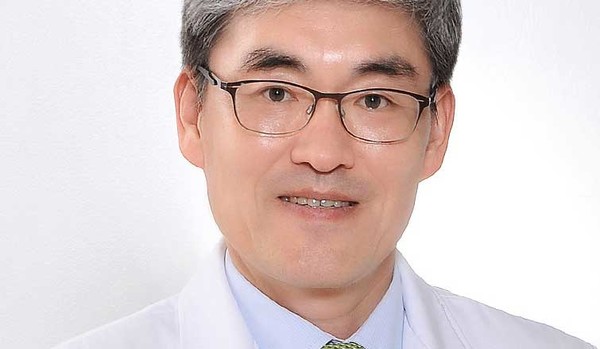Researchers at Seoul National University Hospital (SNUH) have found a new genetic mutation that can predict pancreatic cancer prognosis.

Pancreatic cancer has a low five-year survival rate of about 10 percent as 80 to 85 percent of the patients cannot receive surgery. Therefore, predicting the prognosis of pancreatic cancer patients who cannot undergo surgery is important in determining the treatment policy. The current diagnosis of pancreatic cancer confirms the level of the protein CA19-9 as a tumor marker. However, the prediction of prognosis is inaccurate, and there has been no stronger predictor of prognosis.
As patients with this mutant gene are very responsive to specific chemotherapy, the team expects that the new genetic variant will help determine treatment policies.
The team, led by Professor Ryu Ji-gon, discovered the genetic variant after analyzing 123 genes involved in the DNA damage repair mechanism in 103 pancreatic cancer patients from 2017 to 2019. The team found a mutation in a gene called ERCC6. It found that ERCC6 is useful for predicting prognosis and treatment responsiveness.
The researchers also confirmed that patients with this gene mutation involved in the repair mechanism of DNA damage had a good response to polyphyrinox chemotherapy. The disease progression-free survival period was 23.5 months, more than three times longer than the 8.6 months among patients with bad genetic mutations.
The current standard treatments for pancreatic cancer are two types of drugs -- Polpyrinox, which uses four drugs, and gemcitabine-Abraxane therapy, which uses two drugs. However, there are no clear guidelines for which of the two to apply.
While polyphyrinox therapy shows a good prognosis for BRCA mutation, one of the DNA damage repair genes, the BRCA mutation only accounts for about 5 percent of patients worldwide. Besides, the share of pancreatic cancer patients with BRCA mutation is low in Korea, making its clinical usefulness somewhat lower.
However, the mutation allele frequency of the ERCC6 gene mutation identified in this study accounts for about 40 percent of the Asian patients, including Koreans.
In a follow-up study using blood samples, the research team plans to verify whether the ERCC6 gene mutation shows good responsiveness to polypyrinox therapy.
“We have become the world’s first team to identify ERCC6 gene mutations that respond to specific anticancer drugs in Korean pancreatic cancer patients,” Professor Ryu said. “In the future, simple blood collection will be an important biomarker that helps determine which chemotherapy hospitals should use.”
The results of the study were published in the journal Cancer.

